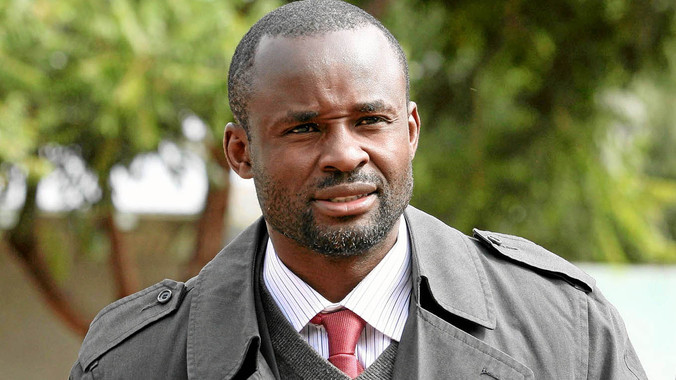‘Economic crisis a security threat’

BERTHA MASAMVU
Lawmakers have said the looting of public funds and the economic headwinds are a threat to Zimbabwe’s security and want the National Security Council Bill to come up with strategies to ensure the country remains peaceful.
The legislators were contributing after the second reading of the National Security Council Bill in Parliament this week where they described graft, hyperinflation, leakages of minerals among other issues as security threats.
Norton MP Temba Mliswa said there was a need to look into the economic factors that may contribute to a security threat.
“The economy and inflation are national security threats and when we have ministers getting houses for US$500 000, a deputy minister getting loans for US$300 000 while MPs who have the oversight role get US$40 000, we saw that as a national threat because this Parliament must be respected and must be well resourced,” Mliswa said.
“There is no country where you see poor Parliamentarians busy passing the budget for US$350 000. Right now no-one here can call the security agents to answer where the US$350 000 came from. You are all scared but when it was US$40 000 for the MPs, the whole country was talking. I will be asking (Minister of Finance) Mthuli Ncube where that money came from and whether it was budgeted for. All these issues are national security issues if they are not attended to,” he said.
Mliswa said several serving and former members of the uniformed forces have resorted to criminal activities due to the economic crisis.
“The issue of this police guy Jaison Muvevi is not about what he did. I am more worried about how many more Muvevis out there with such a spirit. This is because of poor remuneration,” Mliswa said.
“These people have been trained to be soldiers, policemen, State security agents and they committed their whole life to that. Now because of poor remuneration, they are out and the only skill that they have is to hold a gun. He now starts a career of armed robbery because the only thing he knows is a gun,” Mliswa added.
“We must remunerate our people fairly. Once you do that, it does not become a security threat.”
He said the plundering of resources in the country was also a national security threat.
“How much of our resources have been plundered? Giving wealth to foreigners is a national security threat,” he said.
Former Finance Minister who is current Harare East Member of Parliament Tendai Biti said the fact that 95% of “our people are unemployed is a source of national insecurity”.
“The fact that 68% of all people in urban areas are living in rented houses is a source of national insecurity. The fact that our exchange rate is now 1200 and someone keeps on saying zvakarongeka (all is well) is a source of instability,” Biti said.
“The fact that four million Zimbabweans, 73% of our best people are out in the Diaspora is a source of instability. So, we must recognise the changing nature of national security.”
“Therefore, the composition of the National Security Council, with great respect, must recognise these new change dynamics of national security. It is not sufficient and good enough that your traditional security ministers must be the dominant members of the National Security Council,” Biti said.
The Harare East lawmaker said he used to sit in the National Security Council and one of the things “we were very quick to move is issues around leakages in the economy”.
He said the economy was haemorrhaging from illicit financial flows with estimates showing Zimbabwe lost US$3bn in illicit financial flows in the period 2009 to 2013.
Biti said the major culprits in illicit financial flows were multinational corporations.
“We are losing money through illicit financial flows, through transfer pricing, through thin capitalisation. The National Security Council must have a specialised unit that deals with financial haemorrhage.”
“We must have sophisticated financial experts trained in Oxford, University of Zimbabwe, Makerere University and at Harvard who are sufficiently equal to the thieves. We do not have those people at the present moment.”









